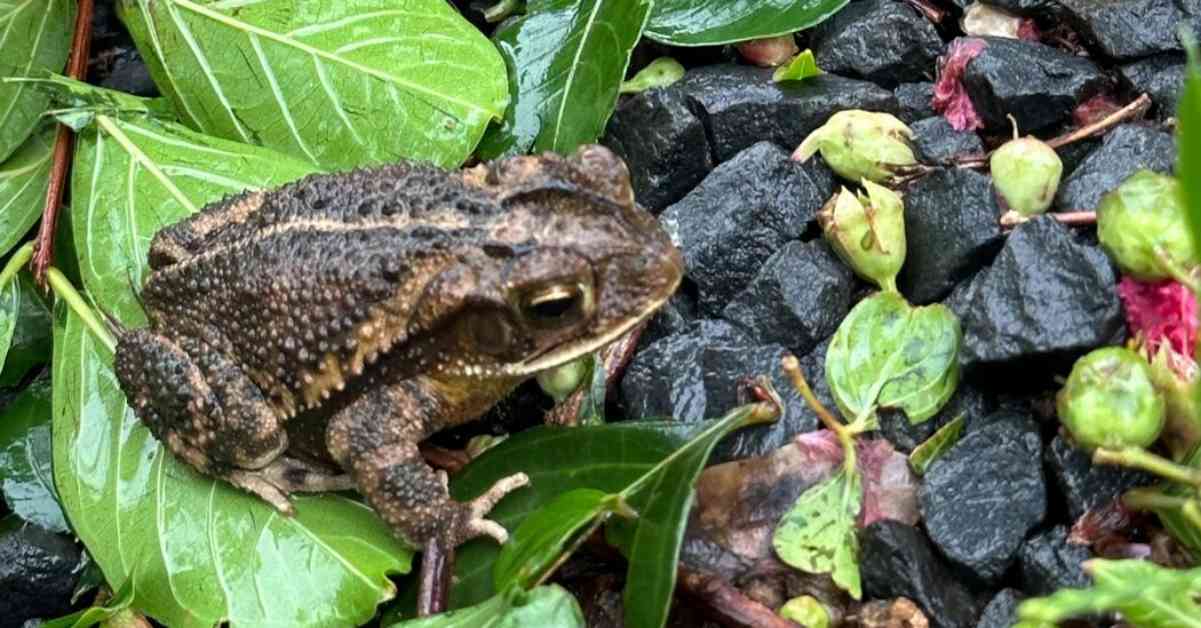As Tropical Storm Beryl made its way through Houston on Monday morning, an unexpected natural phenomenon occurred alongside the typical chaos of a storm. The mating call of male Gulf Coast toads filled the air, a sound rarely heard during daylight hours.
These toads, typically unseen but unmistakably heard during summer nights in Houston, found themselves compelled to mate due to the unique combination of rain, cooler temperatures, and barometric pressure drops caused by the storm. Paul Crump, a herpetologist with the Texas Parks and Wildlife Department, explained that while most toad species breed in the early spring, the Gulf Coast toad can continue to breed throughout the summer under the right conditions.
The arrival of Beryl, bringing with it unusual cool air for Houston’s summer months, likely played a role in stimulating the toads to mate. They took advantage of the temporary pools created by the storm’s heavy rainfall to lay their eggs and continue their breeding cycle.
The call of the toads, amidst the sounds of rain, wind, and falling debris, added a unique soundtrack to the storm’s passage through the city. The toads, with their distinctive appearance and mating behavior, became an unexpected symbol of nature’s resilience and adaptability in the face of extreme weather events.
While Houston residents dealt with the aftermath of Tropical Storm Beryl, the toads carried on with their mating rituals, a reminder of the interconnectedness of all living beings with the environment around them. As the city dried out and life returned to normal, the echoes of the toads’ calls served as a testament to the enduring presence of nature in even the most urban of landscapes.


















